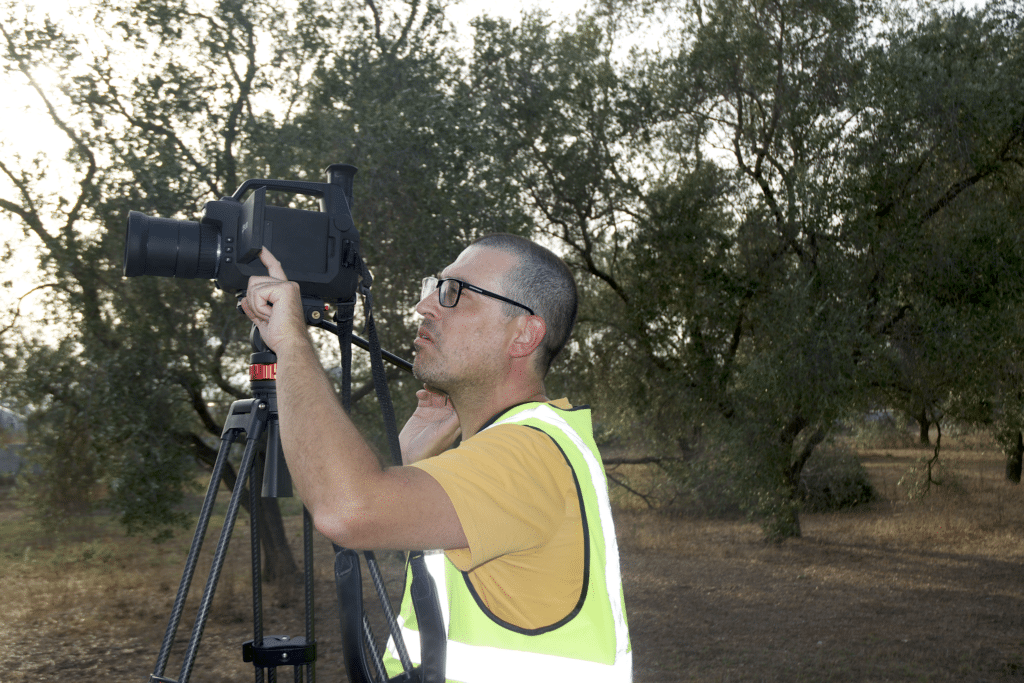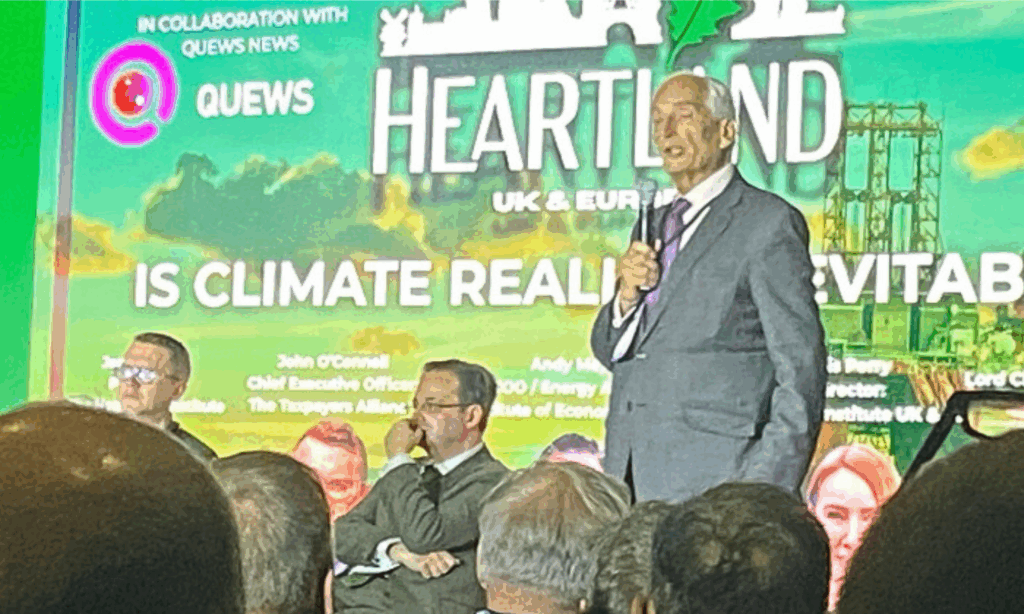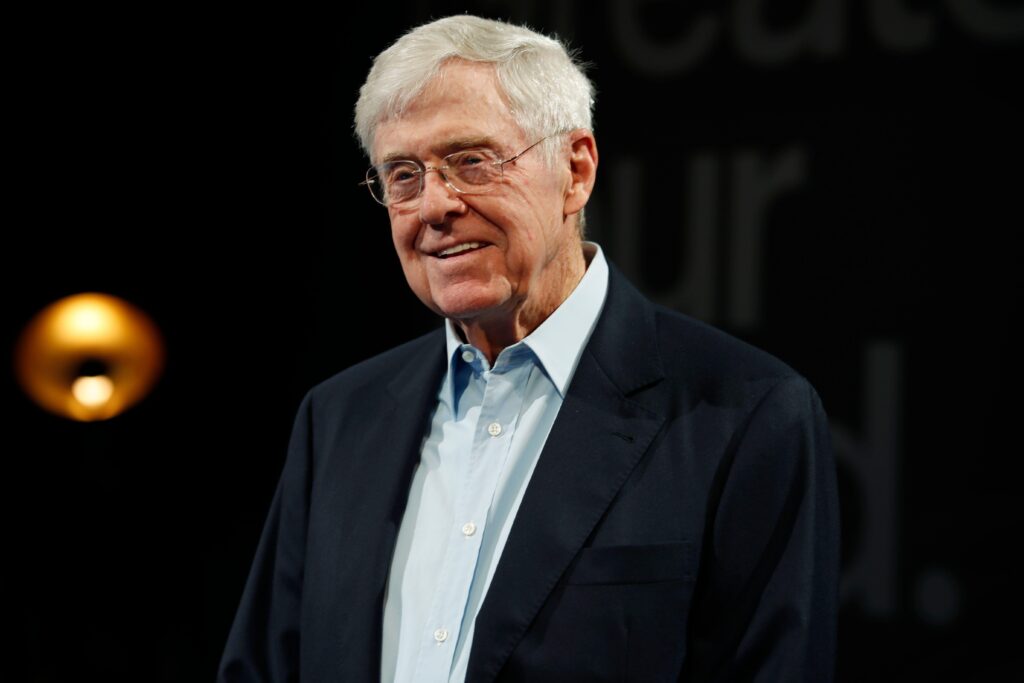Last Tuesday, the Justice Department announced criminal charges against former Chesapeake Energy CEO Aubrey McClendon, stemming from an alleged lease bid-rigging conspiracy between McClendon and another unidentified oil and gas company. The felony count against McClendon carried up to a decade in prison and $1 million in fines.
Shortly after 9 AM the next day, McClendon crashed his SUV at over 50 mph into a concrete highway overpass and died instantly of blunt force trauma. Police are continuing to investigate McClendon’s cause of death, awaiting toxicology results and other data, and have not ruled out the possibility that the car wreck may have been a suicide.
“He pretty much drove straight into the wall,” Oklahoma City Police Department Capt. Paco Balderrama told a local NBC affiliate. “There was plenty of opportunity for him to correct and get back on the roadway and that didn’t occur.”
The dramatic exit of one of the most flamboyant wildcatters in the shale rush stunned many observers — and his abrupt death may serve to pull attention away from the underlying crimes that McClendon was so recently accused of committing. The acts McClendon, age 56, stood accused of occurred at the height of the shale land rush and were committed in his role as then-CEO of Chesapeake Energy, the nation’s second largest natural gas producer.
Before McClendon died, Forbes writer Chris Helman noticed something very interesting in the former CEO‘s response to his indictment: McClendon didn’t deny the acts underlying the charges, he simply argued that others in oil and gas industry also engaged in the same conduct.
“I have been singled out as the only person in the oil and gas industry in over 110 years since the Sherman Act became law to have been accused of this crime in relation to joint bidding on leasehold,” McClendon had said in a statement on Tuesday.
The day after McClendon’s death, prosecutors filed to formally drop the criminal charges against him as moot.
The question becomes what comes next for the Justice Department, now that the only individual person named in the criminal indictment is beyond the reach of the law. If others in the industry have indeed acted similarly, are further indictments coming?
The indictment does not identify the company that McClendon ran by name, and it refers to his alleged co-conspirators only as “Company B” and “Co-conspirator 1.”
Although a small handful of companies had business dealings with Chesapeake in the time and place described in the indictment, Bloomberg quickly reported that SandRidge Energy Inc., and its former CEO Tom Ward, a long-time associate of McClendon’s, were most likely the co-conspirators.
For its part, Chesapeake Energy has said that it is cooperating with federal investigators and that therefore it does not anticipate facing penalties. “Chesapeake does not expect to face criminal prosecution or fines relating to this matter,” Chesapeake spokesman Gordon Pennoyer said in a statement.
However, in its recently released annual Securities and Exchange Commission filings, Chesapeake warned its investors that the Department of Justice was investigating its actions in “various states,” in relation not only to its leasing practices but also to the royalties the company pays to landowners after the lease is signed, and that Chesapeake had received multiple subpoenas from federal and state investigators.
The feds had accused McClendon of participating in a conspiracy to keep the prices paid to landowners who leased their lands for drilling in Northwest Oklahoma artificially low. “During this conspiracy, which ran from December 2007 to March 2012, the conspirators would decide ahead of time who would win the leases,” the Justice Department wrote in describing the charges.
The notion that this kind of bid-rigging conduct McClendon stood accused of may have been criminal appears to have shaken many.
“The entire oil and gas industry has been watching this investigation because it could have broader implications on the industry,” Energy & Minerals Group Chief Executive Officer John Raymond said in a letter to investors, according to Bloomberg.
The harms done by McClendon’s alleged criminal acts are substantial — individual landowners suffered, as they would have received a smaller share of the returns from drilling than they might have if the shale leasing process had been truly competitive.
“If this is true and it was fairly widespread, Chesapeake made a bunch of money that it probably shouldn’t have made,” Jim Bradbury, a Texas environmental attorney told E&E News after the indictment was announced. “Every nickel the royalty owner didn’t get, the company owner did get.”
But the societal harm from anti-trust violations in the shale drilling industry runs far broader than the harm done to individual landowners.
By artificially driving down the costs of leases, companies like Chesapeake would have been able to buy up far larger swaths of land for drilling. This buying spree in turn spurred the shale gas land rush and the boom in hurried drilling to secure leaseholds.
It’s difficult to overstate the importance of leasing for McClendon and the companies he ran. “Geologists and engineers were the important guys—but it dawned on me pretty early that all their fancy ideas aren’t worth very much if we don’t have a lease,” McClendon had said. “If you’ve got the lease and I don’t, you win.”
And throughout the land rush, drillers paid heavily to lock in shale acreage. In the span of just three years — 2009 to 2012 — oil and gas companies spent over $461 billion on leasing the rights to drill from North American properties, a 2013 Bloomberg investigation concluded.
Because of contractual requirements to drill in order to hold leases “by production,” that land rush was fast followed by a drilling frenzy that has fed a supply glut even as fossil fuel prices have plunged.
What does this all mean? If it were not for the illegal anti-competitive acts like those described in the indictment, the shale rush may never have spread so far so fast — and other renewable sources of energy could likely have been far more competitive against natural gas in terms of price.
While the criminal acts described in last Tuesday’s indictment occurred in one corner of Oklahoma, some legal experts suspect that this type of collusion was far from rare during the shale land rush. “I don’t think it’s uncommon,” Denver, CO attorney Lance Astrella told The Washington Post.
Chesapeake previously paid over $25 million to settle charges of racketeering, fraud and anti-trust violations over a similar alleged conspiracy with Encana in Michigan.
McClendon’s legal team itself argued that these tactics were both common and had helped to lower fossil fuel prices.
“The Justice Department has taken business practices well-known in the Oklahoma and American energy industries that were intended to, and did in fact, enhance competition and lower energy costs,” they wrote in a statement on Tuesday, “and twisted these business practices to allege an antitrust violation that did not occur.”
After McClendon’s death, the Justice Department indicated that its overall investigation into the industry remains ongoing.
The charges of financial improprieties comes at a time when the shale drilling industry seeks to reassure investors of its long-term prospects. A wave of bankruptcies has already swept across the U.S., with at least 67 oil and gas companies going under last year.
In December, CNN reported that 50 percent of oil and gas junk bonds were “distressed,” or at risk of default — and the shale rush has been fueled in large part by junk bond debt. In places where drillers promised jobs for decades, layoffs have crippled local economies.
Meanwhile, wind and solar firms have managed to continue their slow and steady expansion despite the sharp swings in oil and gas prices.
“We’re not saying there’s no impact, but we’re not seeing a significant impact yet,” Angus McCrone, Bloomberg New Energy Finance chief editor told National Geographic in January. “There’s a lot of momentum behind clean energy.”
Some legal experts have speculated that the Justice Department had focused on McClendon as the man orchestrating the bid-rigging scheme, allowing his co-conspirators to avoid prosecution and remain anonymous in the indictment in return for their cooperation. But if the bid rigging schemes were indeed as common as McClendon suggested, the investigation into collusion in the shale land rush could only be getting started.
“I think this case represents a coming trend of DOJ antitrust prosecutions,” attorney Philip Hilder, who formerly was head of the Justice Department’s Houston office, told The Houston Business Journal. “The antitrust division, along with the rest of DOJ, is putting an emphasis on individual accountability and responsibility.”
Subscribe to our newsletter
Stay up to date with DeSmog news and alerts







